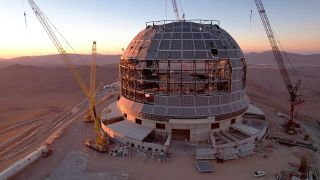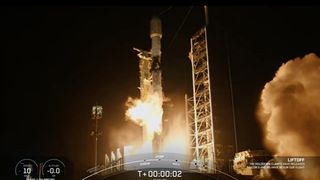News
Latest News
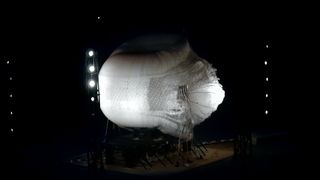
Sierra Space won't stop blowing up inflatable space station modules (video)
By Meredith Garofalo published
Sierra Space has conducted its second full-scale burst test of an inflatable space station module as it looks towards building the Orbital Reef commercial outpost.
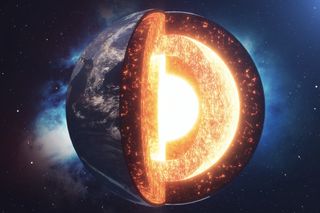
Earth's plate tectonics fired up hundreds of millions of years earlier than we thought, ancient crystals reveal
By Stephanie Pappas published
New research hints that plate tectonics began earlier than 4 billion years ago — not long after Earth had formed.
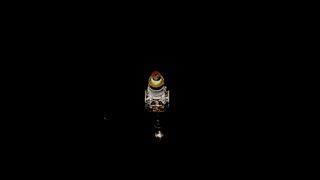
What it takes to keep NASA's flagship Chandra observatory flying for a quarter century
By Sharmila Kuthunur published
To celebrate the 25th anniversary of the flagship Chandra X-ray observatory, NASA released a behind-the-scenes look at the work it takes to keep the $1.5 billion telescope flying in space.
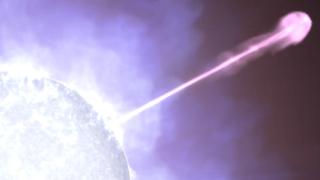
NASA telescope may have found antimatter annihilating in possibly the biggest explosion since the Big Bang
By Robert Lea published
Using NASA's Fermi telescope, astronomers have discovered a hidden "annihilation feature" in the gamma-ray burst known as the "BOAT," or the "brightest of all time."
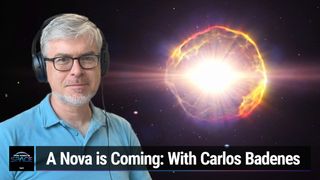
This Week In Space podcast: Episode 121 — An Exploding Star Near You!
By Space.com Staff published
On Episode 121 of This Week In Space, Rod and Tariq discuss a star about to go nova with astrophysicist Carlos Badenes.
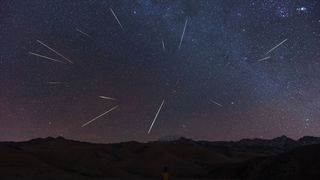
'Double' meteor shower will light up the skies next week. Here's how to watch.
By Kristel Tjandra published
As Earth's orbit intersects with those of two comets this month, stargazers will have a chance to view spectacular double meteor showers.
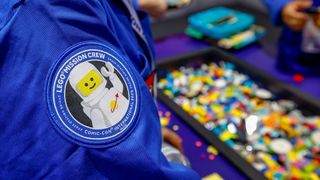
Lego sets up 'space station' at San Diego Comic-Con, offers mission crew patch
By Robert Z. Pearlman published
Lego is recruiting new members for its "mission crew," issuing rocket builders with an exclusive mission patch at this year's San Diego Comic-Con. The toy company has launched "Space Station 8R1CK5."
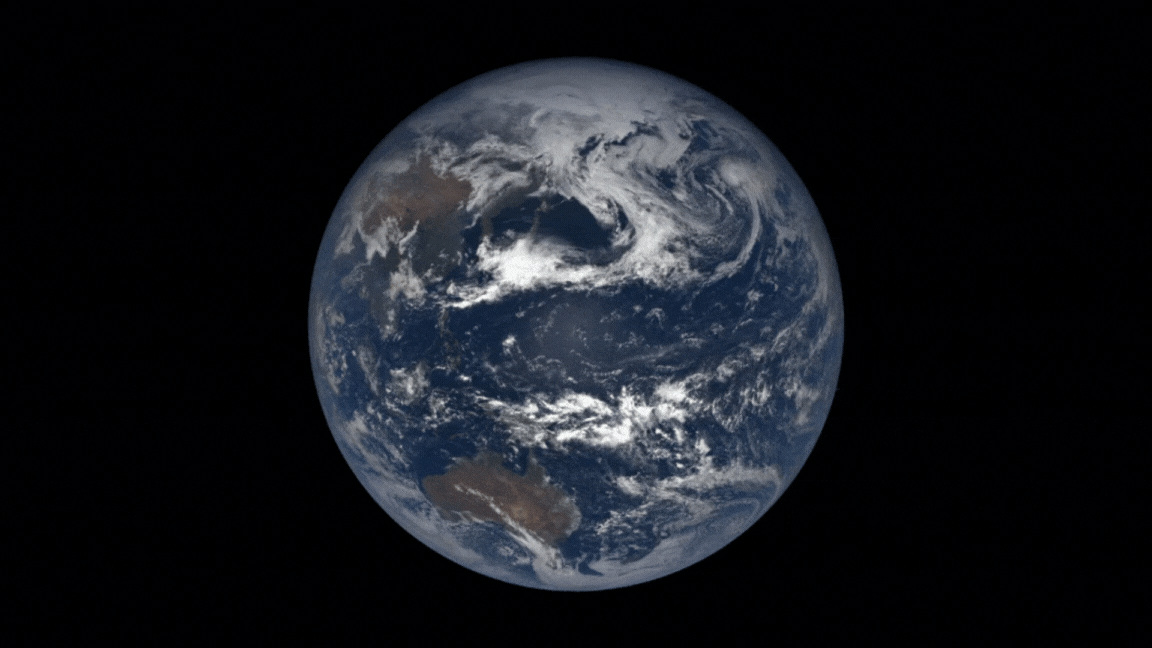
Earth is wobbling and days are getting longer — and humans are to blame
By Harry Baker published
New studies, which utilized AI to monitor the effects of climate change on Earth's spin, have shown that our days are getting increasingly longer and that our planet will get more wobbly in the future. These changes could have major implications for humanity's future.
Get the Space.com Newsletter
Breaking space news, the latest updates on rocket launches, skywatching events and more!
